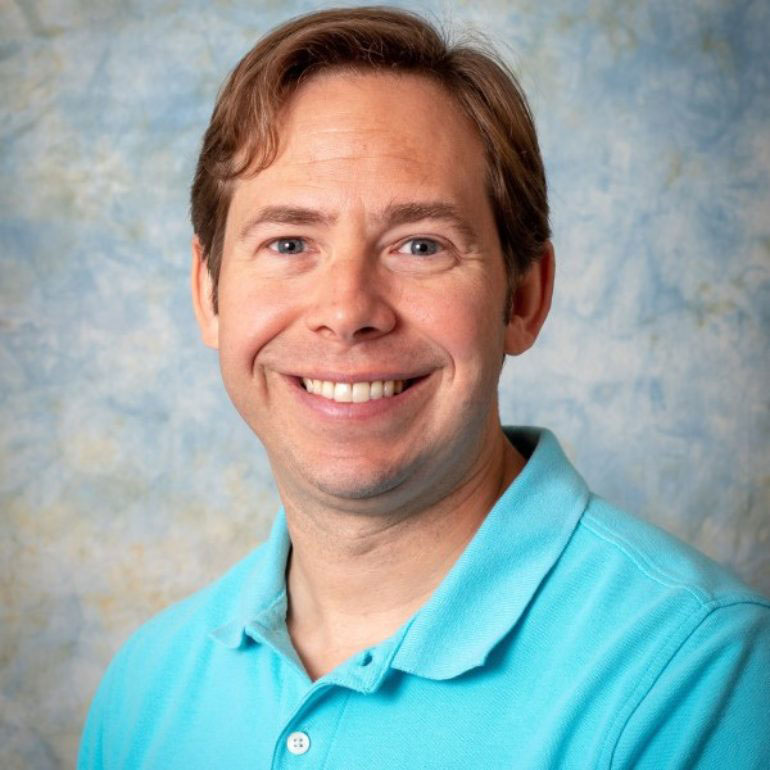
Finding Calling at the Intersection of Faith and Psychiatry
Finding Calling at the Intersection of Faith and Psychiatry
One of the most interesting things about our lives is the mystery that the future holds. We don’t always know what might become of our lives in the future much as we may make plans for the same. When I look back at the past 20 years, it’s quite interesting to note that at one point I had actually considered being a history professor rather than a medical doctor.
I made the decision to pursue medicine, however, after one of my college advisors explained the unemployment rate amongst History Ph.D.’s. Not wanting to flip burgers the rest of my life, I decided to buckle down in my science courses and take the medical college admission test and set off to medical school with a vague and somewhat idealistic vision of becoming of a short-term medical missionary.
During one of my medical school rotations, I went to work with a Christian family practice physician who has remained a mentor to me over the years. As I accompanied him, I observed how he used his practice essentially as a Christian mission. He would spend 30 minutes with his patients talking with them through whatever hardships they faced at the moment, some of whom were suffering from conditions like depression and grief, among many others. This laid a significant impression upon me.
One of the things I realized, however, as I watched my mentor serve his patients, is that his knowledge and expertise in dealing with psychiatric disorders was a little bit limited because he was a general practitioner and not a psychiatrist. The other thing I noticed working in generalist medical clinics is that it was one thing for an individual to come in with problems with their blood pressure or conditions like diabetes. But it was another thing for someone to come in with depression that seemed intractable or with panic attacks. I learned quite quickly the extent of suffering that mental illness can cause a patient and/or their family to go through – and really found that the suffering of mental illness is far worse than just about any physical affliction a person might experience.
I encountered patients who were under tremendous mental distress who were crying out to God, asking Him where He was and why their conditions were not going away. They would question why they were feeling so weak and whatever was wrong with their faith that they seemed not to be delivered from their situations. It was patients like these that really pulled at my heart.
It was during this time that I entered a period of about six months of deep prayer and much consultation. I eventually ended up going into psychiatry out of what I felt was a sense of calling.
This was a decision that was not spared of criticism/resistance. For instance, I encountered people in the medical community who were critical of the idea of doing psychiatry because they thought psychiatry was not ‘real medicine’ in comparison to work performed by a cardiologist or a surgeon. No one was overtly negative, but people did question why I would do psychiatry and not another specialty in ‘real medicine.’ Most medical students who choose to pursue Psychiatry find themselves in similar situations to date.
Shortly after entering Psychiatric residency, I sought a lot of counsel from other psychiatrists who were Christians, about whether or not to be upfront about being a Christian in the field. I was concerned that I would be criticized for being upfront about being a Christian when setting up a private practice. I decided to do so anyway and it’s amazing how the idea was actually welcomed with open arms.
I think this has to do with the fact that the field of psychiatry has greatly changed over the last thirty to forty years and has become more open to the aspects of religion and spirituality. It has actually worked out very well for me to be very open about my faith and I’ve yet to be criticized by any of my colleagues in secular psychiatry for being open about my faith and my desire to serve the Christian population.
In conclusion, I must say that the decision to pursue psychiatric residency turned out to be the best decision I ever made. I greatly enjoy my work and feel like I am able to help persons who are struggling in profound ways. Being outright about my faith in my practice has opened doors for me to serve many Christians who might not otherwise seek help, as some Christians refrain from seeking help in fear of not being understood by secular psychiatrists because of their differences in faith/ beliefs.
I invite those who may be in need of psychiatric/psychological help to reach out to us at Next Step 2 Mental Health Services. My colleagues and I are always willing to help to the best of our ability and professional competency.
Call us at 502-339-2442 to book an appointment, visit our website at nextstep.doctor or email us at info@nextstep.doctor
Related Posts
12 Tips to Deal with Family Tension During Thanksgiving Dinner
Thanksgiving is a time for gratitude and connection, but family gatherings can...
Mental Health Tips for Men: Embrace Wellness This Men’s Health Month
June is Men's Health Month, a time dedicated to raising awareness about health...


